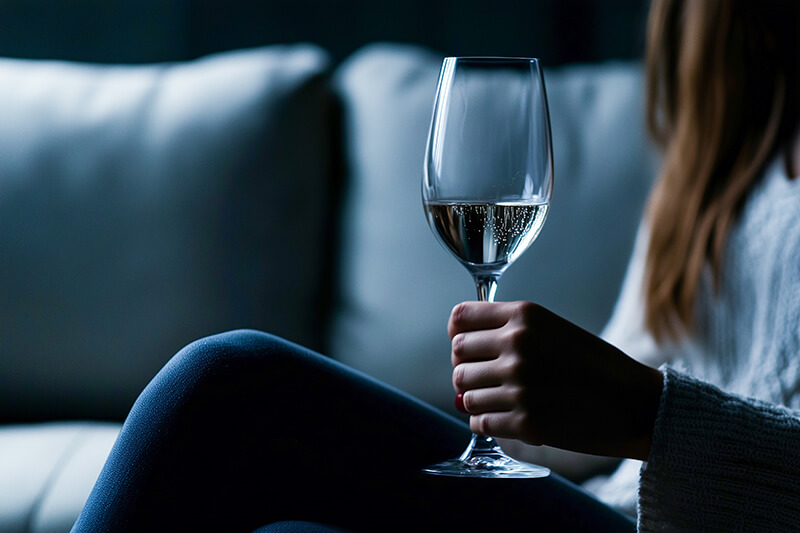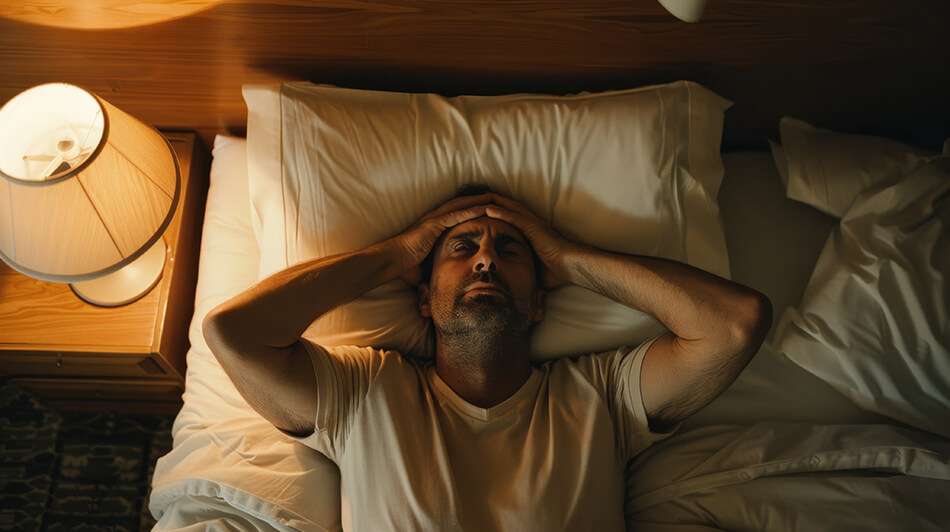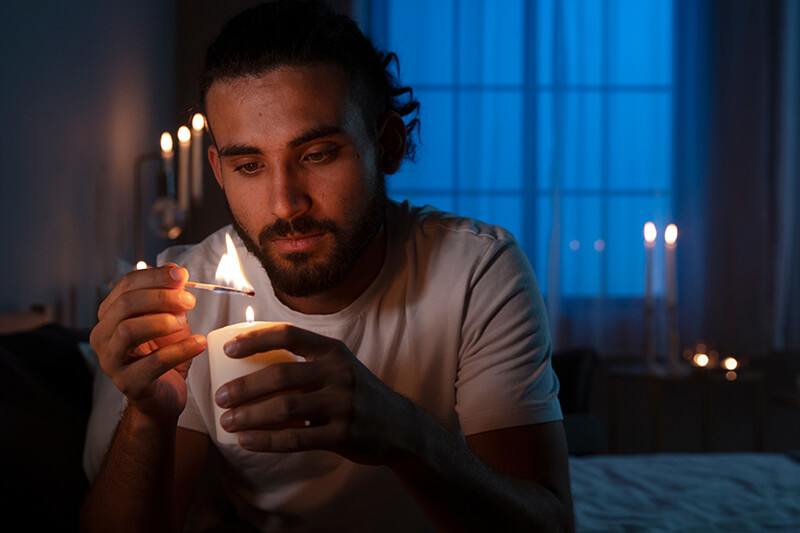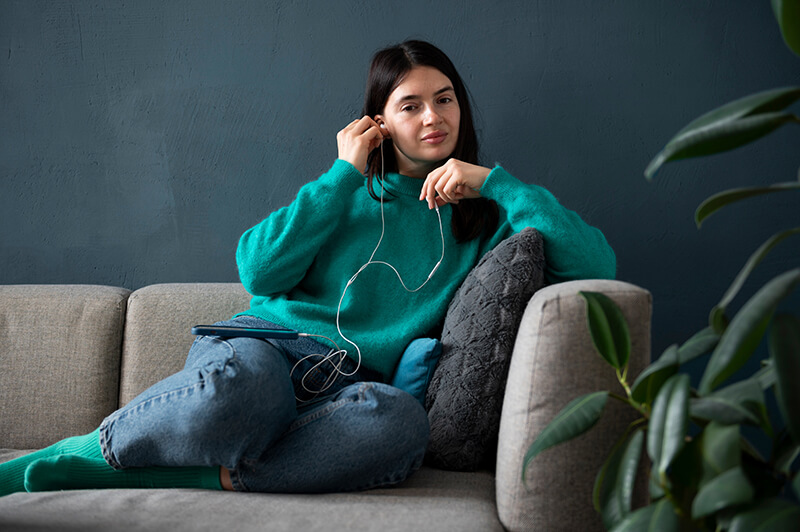
What if this glass isn’t about wine at all?
The kitchen light is flickering. The day has been long, busy, lonely, maybe just… dull. You open the cap and fill the glass. And with it comes a little exhale. It’s not because you’re celebrating anything or are thirsty. But because this is the part of the day that feels like yours.
The first sip… does it feel good, or more like an intermission from real life?
But here’s the catch: Is it really wine we’re craving or the pause, the peace, and the escape it presents?
When Emotions Make You Pour the Glass
We often think that drinking is a behaviour; however, it’s deeply emotional. A glass of wine isn’t just about the alcohol itself; it’s mainly about decompression, comfort, reward, or even thinking, “I deserve this.” Let us tell you this: It’s completely natural.
A leading researcher in habit loop, Dr. Judson Brewer, states that the brain forms a strong emotional association with behaviour. Whenever we feel stressed, bored, lonely, or even a little dip in our energy, our brain offers a familiar “cope.” In this case, it’s wine. The brain had learned alcohol as its route to relief. However, emotional relief isn’t always emotional resolution. So what feelings does tonight’s wine hold? It’s not a judgment but an understanding.


Stress, Dopamine, and the Evening Ritual
Your evenings are always at high risk for a drink. Dress is building up throughout the day, and dopamine is screaming for an escape, a treat, a scroll, or a drink. This is known as the “Reward Anticipation Cycle,” in which your brain isn’t just craving a glass of wine; it’s craving a state change.
Studies highlight that alcohol does lower cortisol levels slightly. Although this dip results in the body rebounding and releasing more stress hormones later. This rebound makes you edgier the next day, making you crave alcohol again, and thus the loop continues. So what else can offer a “state change,” the one that doesn’t come with a morning after?
Tiny changes like listening to music, moving your body, or even a warm shower can recalibrate your nervous system.
Loneliness Masquerading as Habits
Sometimes, what feels like a habit is actually rooted in something deeper need such as a connection, a yearning, or a peace. A wine is just an easily available and familiar substitute. So what if we can pause, reflect, and name these emotions?
Yes, we can! And here’s something crazy and amazing: labelling a feeling weakens its hold. According to a neuroscientific study, when people label their emotions, for example, “I feel overwhelmed” or “I feel disconnected,” the prefrontal cortex, or thinking brain, takes over, and the amygdala’s activity declines. We refer to this as affect labelling.


Tonight, pause before drinking. What’s really asking to be cared for? Even a 30-second hold can reshape the whole evening!
A glass of wine is the messenger and not the problem. It’s asking you to probe further within and seek out what you need. Also, you don’t need to fight that feeling, just get curious about it.
So instead of judging, sit with your thoughts and listen to them.



